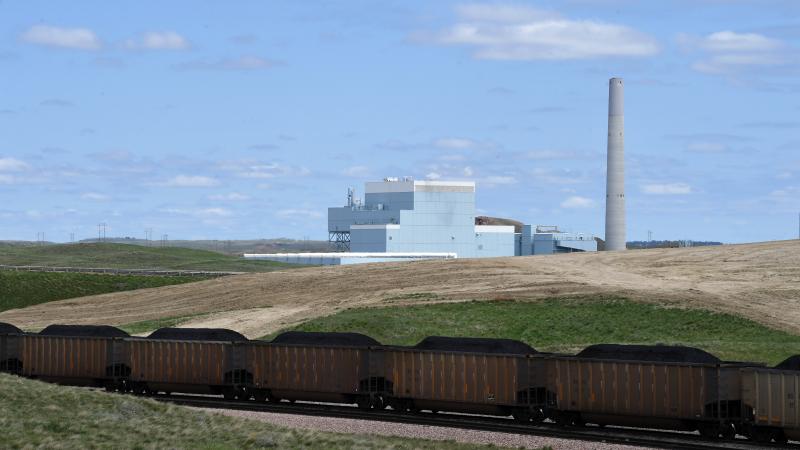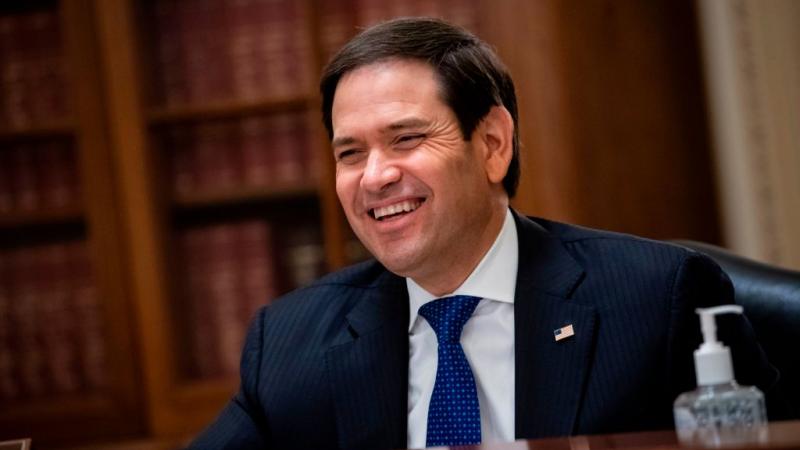New York denies offshore wind developer request to raise rates, throwing more projects into doubt
A few major projects have already been scraped as developers face financial troubles.
East Coast wind projects are in jeopardy after a decision by New York regulators Thursday to deny requests from renewable energy developers to charge customers billions of dollars more.
Offshore wind developers say they have have been struggling against record inflation, supply chain issues, and interest rate hikes. Facing these pressures, Orsted, BP, and Equinor and other renewable developers requested that contracts for four offshore projects and 86 land-based projects be renegotiated, according to Reuters.
The offshore developers asked the New York Public Service Commission to alter its long term contracts and raise purchase prices to a level that would have let them collect an additional $38 billion from ratepayers.
The commission said that granting the requests would have added as much as 6.7% to residential customers' monthly energy bill in a state that already pays some of the highest rates in the country.
Orstead CEO David Hardy told Reuters that the viability of a 924-megawatt offshore project is “challenged” by the state decision to deny the request.
President Joe Biden has pushed offshore wind development as a key component of his climate agenda.
The Inflation Reduction Act allows offshore wind developers, unlike onshore projects, to claim a minimum 30% investment tax credit, another 10% credit if the project uses equipment that’s made in the U.S., and another 10% if they build their projects in “energy communities.”
Biden’s offshore push is now threatened by rising costs, which have already led to a few projects being scrapped. Earlier this month, Avangrid, a subsidiary of the Spanish utility Iberdrola, announced it was abandoning an 804-megawatt project off the coast of Connecticut.
According to a company statement, the “unprecedented economic headwinds facing the industry including record inflation, supply chain disruptions, and sharp interest rate hikes” have “rendered the Park City Wind project unfinanceable under its existing contracts.”
The company had tried, according to the statement, to work with state and federal officials to find solutions to the project’s financial challenges, but Avangrid decided it was better to terminate its power purchase agreements. The company, according to The Connecticut Examiner, had to pay a $16 million penalty to cancel the contract.
Avangrid also agreed to pay $60 million to Massachusetts, the Examiner reported, to cancel contracts for a 1,200-megawatt wind project, and SouthCoast Wind agreed to pay $60 million to Massachusetts to cancel contracts for a 2,400 megawatt project off the coast of Martha’s Vineyard.
In 2017, Michael Liebrich, CEO of Liebrich Associates and promoter of renewable energy, told BloombergNEF that the offshore wind projects, by using very large wind turbines, were reaching a “tipping point” that allowed their costs to fall below that of fossil fuels. This would allow the industry, Liebrich said, to become competitive without subsidies.
Bloomberg reported in August that the levelized cost of electricity for an offshore wind farm, which doesn’t include all costs of putting a wind farm on the grid, was up almost 50% from 2021 level to $114.20 per megawatt hour.
Investors are responding negatively to the news of the industry’s problems. In the July-September quarter, investors fled renewable energy funds at the fastest rate on record. The total outflow was $1.4 billion.
The S&P Global Clean Energy Index, which is composed of the 100 biggest companies in the energy sector, had a YTD negative 28.78% return.
The outflow, Reuters reported, partially reversed the $3.36 billion in investments in the first half of 2023.
















